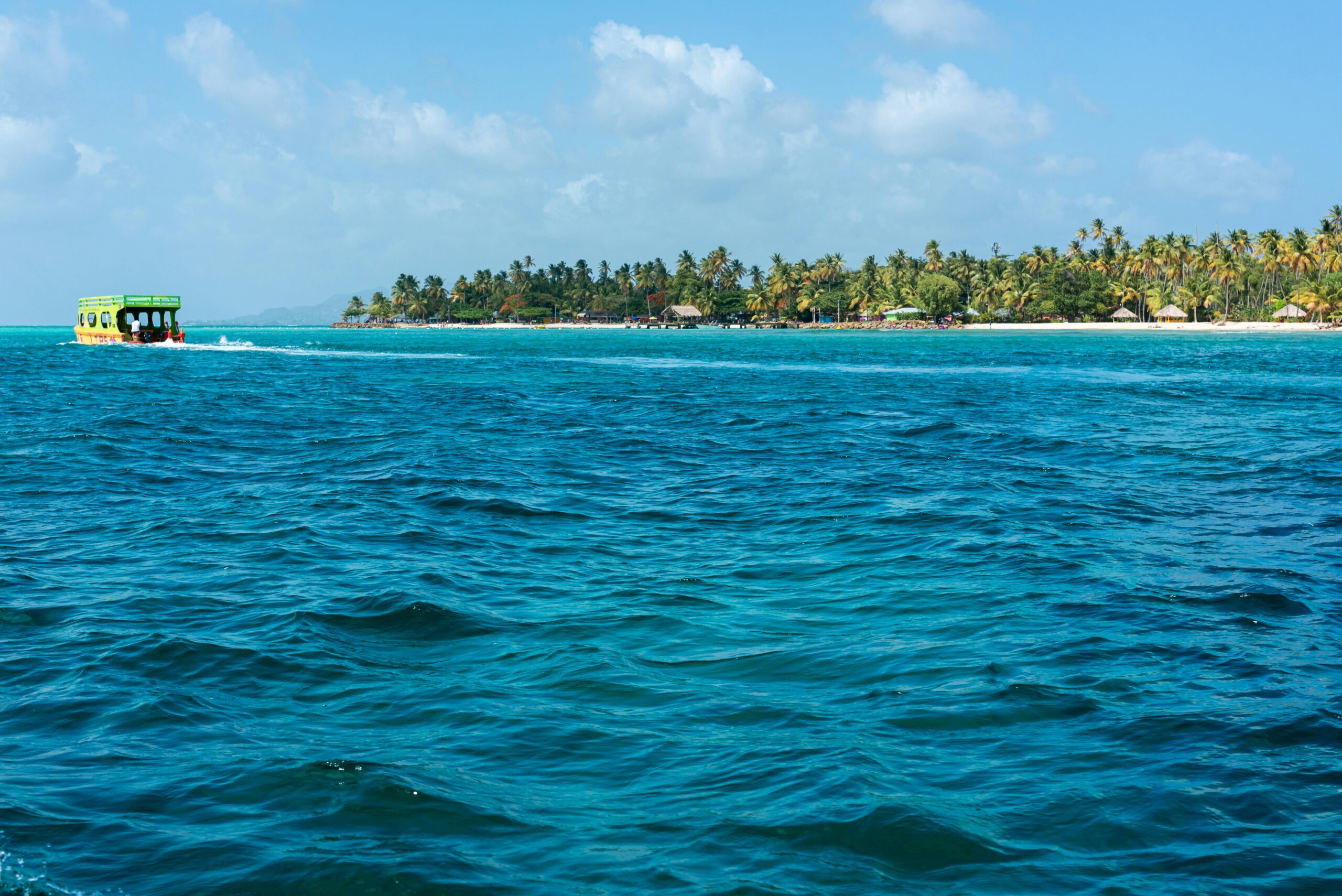The Caribbean is a vibrant mixture of cultures celebrated widely for their beauty and diversity. It consists of 7,000 islands and 28 nations surrounded by dazzling aquamarine seas, which together have become a major vocational destination for many people from all around the world.
While the natural beauty of the Caribbean Islands has always contributed to the economy, today, digital advancements worldwide have become a major driver of economic growth. The Caribbean Regional Communications Infrastructure Program, in collaboration with the World Bank, introduced a joint approach in 2020 to create a high-speed fiber optic network, a government network, and an educational network, securing approximately $45 million from investors and governments combined.
Consisting of Grenada, St. Lucia, and St. Vincent and the Grenadines, these countries have worked together in unity, allowing this project to cater to the economic growth and overall digital inclusion of the native people.
In May 2024, the UN Development Program hosted a two-day international conference in Spain, which consisted of ministers and government officials from the Caribbean to further plan out the Digital Pathways for SIDS 2.0 (or Small Island Developing States). The representatives agreed that small island states need strong internet speed connections, mobile data, electricity, and universal internet access to be ready for rapid growth in the digital era.
“From improving connectivity to adopting digital government practice and fostering digital innovation, these efforts benefit individuals, businesses, and the region. We are excited for the outcome of the conference and to collaborate and build for digital transformation to empower Small Islands Developing States in the Caribbean to succeed in a digital world,” said Senator the Honorable Hassel Bacchus, Minister of Digital Transformation, conference host.
Financial commitments totaled $480 million from the Inter-American Development Bank, $75 million from the Development Bank of Latin America and the Caribbean, and $1 million from the non-profit organization Co-Develop. Additional support from the European Union continues to expand the collective efforts to maximize the digital transformation of the Caribbean Islands.
The digital economy, through a planned effort by SIDS makes digital opportunities far more available. With more than 75% broadband access to the internet and lower data costs in countries like St. Lucia, schools are becoming digital learning hubs, and many students are earning tech certifications. Over 11,000 people have completed IT/ITES tech training, and of those 11,000, 65% have gotten jobs in the sector with average salaries 20% higher than the national median.
The Digital Economy Initiative for Latin America and the Caribbean program by the World Bank Group supports digital technology to boost economic growth for the countries. Expanding digital technologies will create new jobs, force businesses to become competitive, and give access to various ways to gain and transfer money. Although the project recognizes the challenges of implementing digital systems, such as cyberattacks or viruses, its overall benefits to the economy outweigh those obstacles.
Anguilla and Al
Anguilla is a British Overseas Territory that has become extremely successful in artificial intelligence developments for a totally unique and specific reason: companies have been purchasing Anguilla’s web domain, the .ai tag, for their websites. Anguilla was given this domain tag in the 1990s when many emerging internet users had theirs assigned to them. The demand for all things artificial intelligence has turned the domain into a valuable and unexpected digital asset for Anguilla’s economy.
It suddenly gave Anguilla a significant ability to reduce its reliance on tourism to steady its economy by selling the .ai licenses, which have brought in about $32 million, becoming over 20% of the revenue for the government. Charging $140 for a two-year registration allowing for steady renewals for income, 90% of the domains have been renewed. This income allows Anguilla to invest in the future of its country’s development, fund public services like healthcare, and strengthen its economic resilience.
To keep track and control of the domain address purchase, Anguilla has signed a five-year deal with US tech firm, Identity Digital, that controls internet domain registrars. Having around 600,000 registered domains, it’s estimated that its revenues by 2027 will exceed $54 million.
“To find innovative ways to deliver economic growth,” said the UK’s Foreign, Commonwealth, and Development Office, for it to “contribute to Anguilla’s financial self-sufficiency,” as was reported by the BBC. The UK has financial and defense responsibility tied to Anguilla as it helped finance the damages from the 2017 Hurricane Irma, giving them $60 million for repairing damages.
Today, Anguilla is taking advantage of the .al gold rush impact on its economy by expanding its central airport with a new terminal and runway for $175 million, but also paying for an artificial turf sporting field for public recreation. Anguilla’s digital economic growth has caught the attention of the UN and Caribbean Development Bank, encouraging other islands to follow in its digital footsteps. WaL
We Humbly Ask For Your Support—Follow the link here to see all the ways, monetary and non-monetary.
PICTURED ABOVE: A tourist boat in floats by Tobago. PC: Dominki Grybon via Pexels



